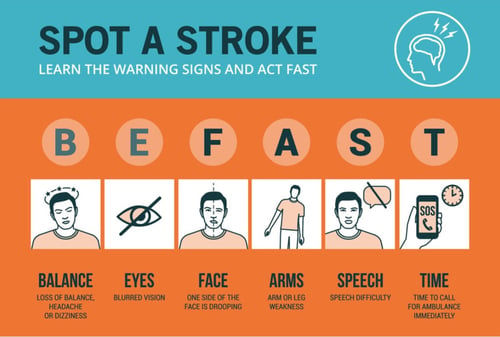
Men's prostate health is an essential aspect of overall men’s health, and understanding its significance is vital for men of all ages. The prostate gland, a walnut-sized organ located below the bladder, is a key part of the reproductive system. For men's health month, it is important for the public to understand common prostate conditions, preventative measures, and the role of a healthy lifestyle in maintaining optimal prostate function.
The prostate gland serves its function in the male reproductive system by producing seminal fluid, which nourishes and protects sperm. As men age, the prostate may undergo changes, leading to various conditions, including benign prostatic hyperplasia (BPH) and prostate cancer. Maintaining good prostate health is crucial to minimize the risk of developing these conditions, as they can significantly impact quality of life. Regular prostate check-ups and awareness of symptoms are fundamental for early detection and effective treatment.
Benign Prostatic Hyperplasia (BPH) is characterized by non-cancerous enlargement of the prostate and is a prevalent condition among aging men. Symptoms such as frequent urination, weak urine flow, and incomplete emptying of the bladder are indicative of BPH. Prostate cancer, the most common cancer among men, often develops without noticeable symptoms in its early stages. Regular screenings, including the prostate-specific antigen (PSA) test, can aid in early detection. Additionally, prostatitis, an inflammation of the prostate gland, can cause pain, discomfort, and urinary difficulties. Recognizing the symptoms and seeking medical advice promptly can prevent complications.
Adopting a proactive approach to prostate health can prevent disease and promote overall well-being. Regular exercise, a balanced diet rich in fruits, vegetables, and whole grains, and maintaining a healthy weight can contribute positively. Reducing alcohol consumption, quitting smoking, and managing stress levels are equally important. Research suggests that certain nutrients like lycopene, found in tomatoes, and selenium, found in nuts and seafood, may benefit prostate health. However, it is always recommended to consult a healthcare professional before incorporating supplements into one's diet.
Men's prostate health is increasingly important as the US population ages and should not be overlooked. By understanding the significance of prostate health, recognizing common conditions, and implementing preventative measures, men can nurture their well-being and reduce the risk of developing prostate-related issues. Regular screenings and seeking medical advice for any concerning symptoms are crucial for early detection and effective treatment. Through a combination of a healthy lifestyle and medical guidance, men can prioritize their prostate health and lead fulfilling lives.
 Dr. Diaz is a resident physician who sees patients of all ages and provides obstetrical services at Lone Star Family Health Center, a non-profit 501©3 Federally Qualified Health Center operating facilities in Conroe, Spring, Willis, Grangerland, and Huntsville, and serving as home to a fully integrated Family Medicine Residency Program to increase the number of Family Medicine physicians for Texas and our community.
Dr. Diaz is a resident physician who sees patients of all ages and provides obstetrical services at Lone Star Family Health Center, a non-profit 501©3 Federally Qualified Health Center operating facilities in Conroe, Spring, Willis, Grangerland, and Huntsville, and serving as home to a fully integrated Family Medicine Residency Program to increase the number of Family Medicine physicians for Texas and our community.



